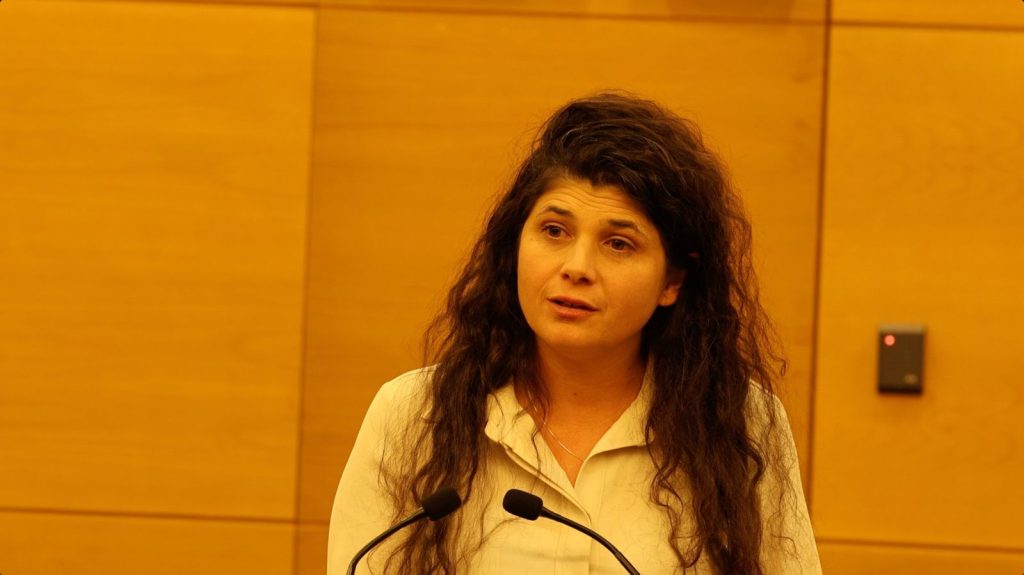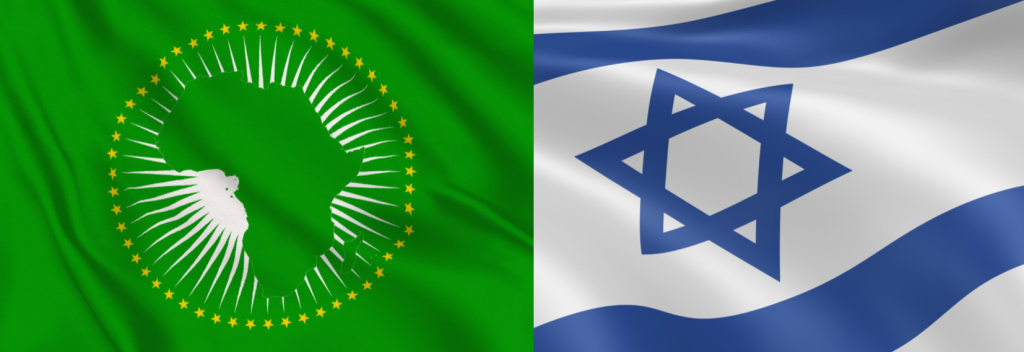By Beatrice Asamani Savage, GNA Special Correspondent, Jerusalem
Jerusalem, Dec. 24, GNA – Israeli Government officials have urged African countries with diplomatic ties to the Middle Eastern country to back the efforts to secure its citizens and deepen its partnership with the continent for shared socio-economic prosperity.
Speaking to a visiting delegation of journalists on a professional study tour to the country, the officials stated that Israel was battling an existential threat, which transcended to Africa and other parts of the world.
Should Israel go down, they said, the rest were likely to follow suit as their attackers were determined to prosecute their extremist religious and cultural ideologies to exterminate so called infidels across the globe.
The 11-member delegation from eight English speaking African nations toured sites of the October 7 Hamas and Hezbollah attacks, on communities in the Southern and Northern borders of Israel, respectively, and interacted with some of the survivors and families of the victims.
About 1,200 people were reportedly killed by Hamas, while 254 were abducted last year. One hundred of the kidnapped remain in captivity amid negotiations for their return and fierce fighting.
The journalists were from Ghana, Nigeria, Liberia, Rwanda, Kenya, South Africa, Uganda and Ethiopia.
Interacting with the team at the Knesset, Deputy Foreign Affairs Minister, Sharren Miriam Haskel, expressed concern that many African countries with close bilateral ties with Israel were not backing her at the multilateral level.

At the United Nations, she noted, that only couple of her African allies had been consistent in voting with Israel, whereas others would abstain or vote against their cause.
Israel has 10 embassies in Africa, two travelling ambassadors to four other countries, but working relations with more than 40. Its observer status at the African Union was, however, suspended last year.
Ms Haskel said the Israeli citizens cared about how their allies voted on their issues at the United Nations, pointing out that the State of Israel felt targeted and unfairly treated at the world body.
According to UN Watch, from 2015 through 2023, the UN General Assembly adopted 154 resolutions against Israel and 71 against other countries. Also, from 2006 through 2024, the UN Human Rights Council adopted 108 resolutions against Israel, 45 against Syria, 15 against Iran, 10 against Russia, and four against Venezuela.
“The UN General Assembly rebuked Israel today in three separate resolutions, concluding the world body’s 2024 activity with a total of 17 resolutions that single out the Jewish state, compared to a total of 6 on the rest of the world combined,” the Swiss NGO stated in a December 19 report on its news website.
Ms Haskel complained about the situation, saying the Jewish nation was only fighting for survival as a state and to protect its citizens from its regional enemies.
She emphasised that Africa should partner with Israel to resist negative influences from radical Islamist groups who might attract them some form of monetary or socio-economic benefits.
The legislator noted the existence of terrorists’ cells across the globe, mentioning the activities of radical groups such as ISIS, Boko Haram and Al Shabab. Some, Ms Haskel said, were fighting proxy wars for powerful nations using strategies such as paid conversions to Islam, training, and media wars to advance their cause.

The Deputy Foreign Minister underscored Africa’s potential in shaping a stable future for shared growth, highlighting the historical and strategic bonds between the two regions, mutual cooperation since the 1950s, and shared Judeo-Christian values.
“Africa is the future of the world,” Ms. Haskel said, adding: “We have an ancient, mutual history, and this is a path we need to continue on together.”
She highlighted Israel’s commitment to building deeper ties with African nations despite the ongoing economic and political challenges Israel faced due to recent conflicts.
She noted that Africa represented the future of global cooperation, with opportunities to foster solidarity and economic alliances, while reinforcing shared values such as freedom, women’s rights, and minority rights.
She announced that she was developing a strategic framework towards boosting the socio-economic relations.
The Deputy Minister explained that her portfolio included a strategic focus on Africa, aimed at fostering more engagements and building partnerships.
Ms. Haskel expressed gratitude to Ethiopia for maintaining critical flights to Israel during wartime and commended the nation for its longstanding partnership, rooted in historical and biblical connections.
She also commended Liberia and Malawi for their loyalty through the years.
In responding to questions, she outlined plans for cultural exchanges, professional training programmes in agriculture and nursing, and collaborations with African film industries to leverage soft power and shape narratives among the continent’s youthful demographic.
GNA